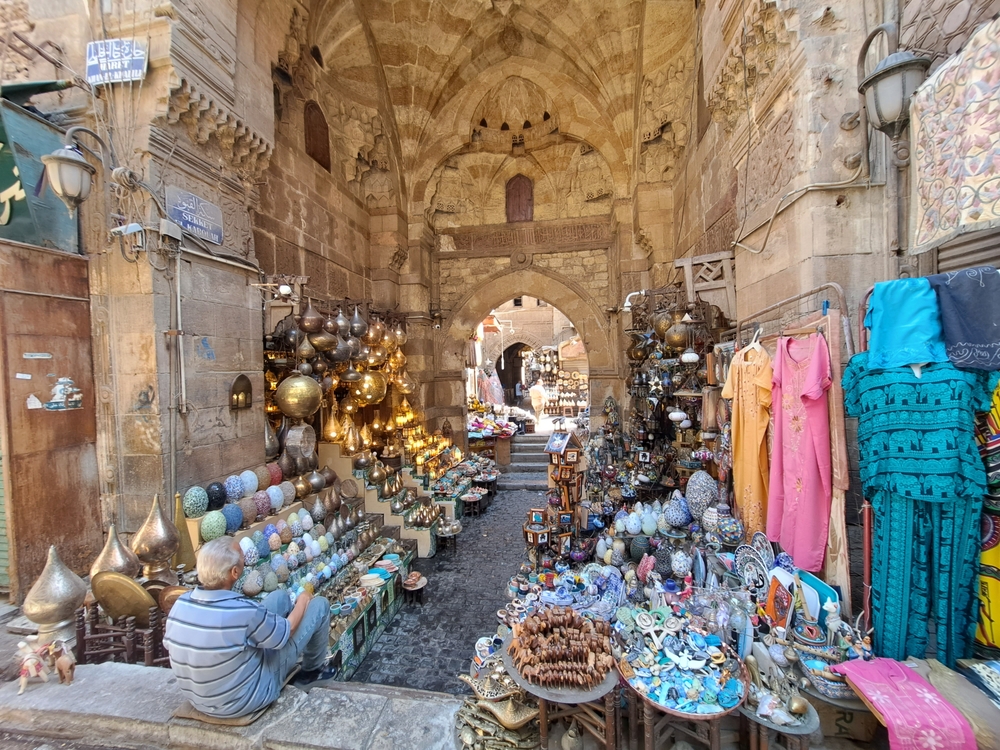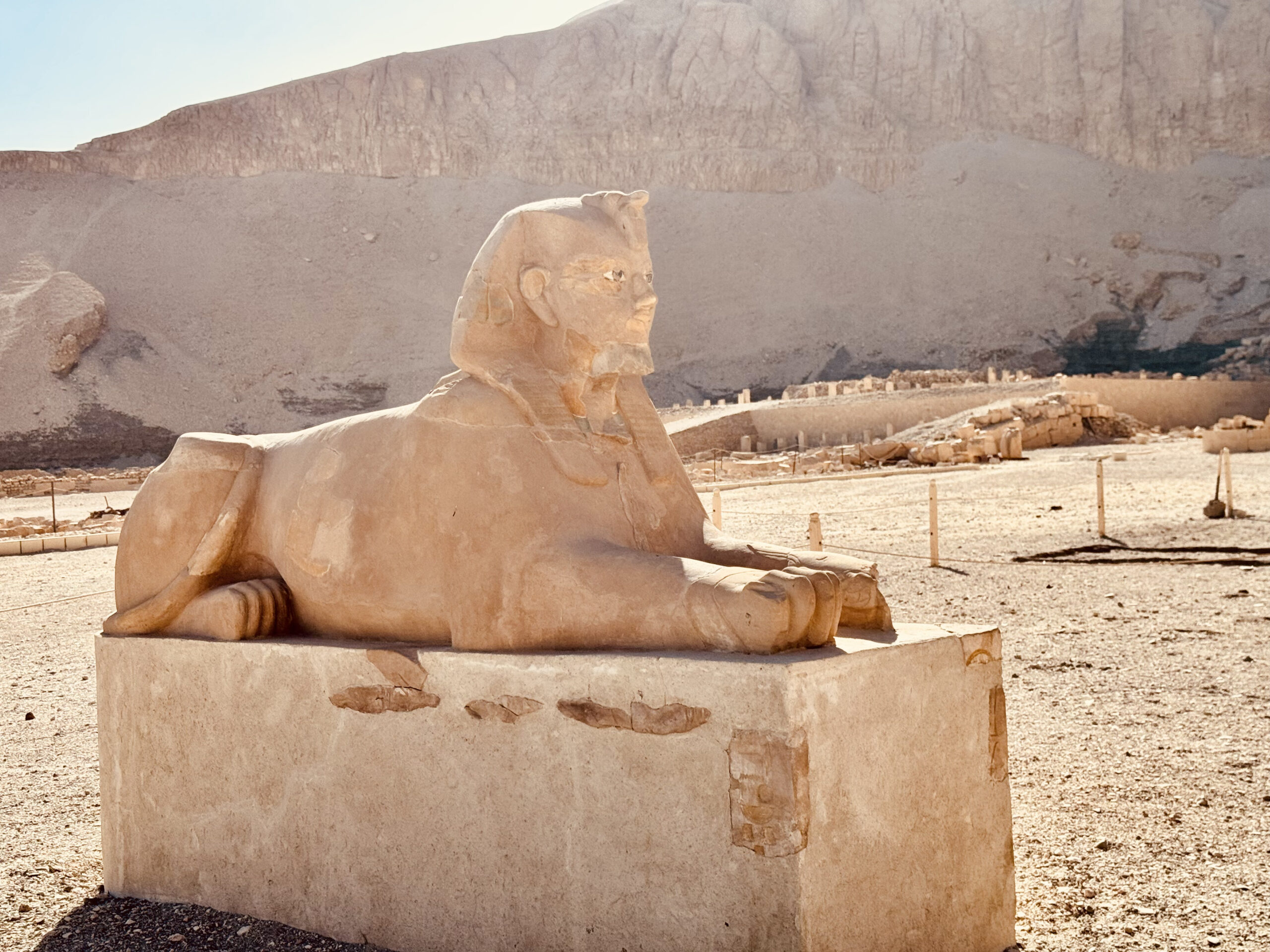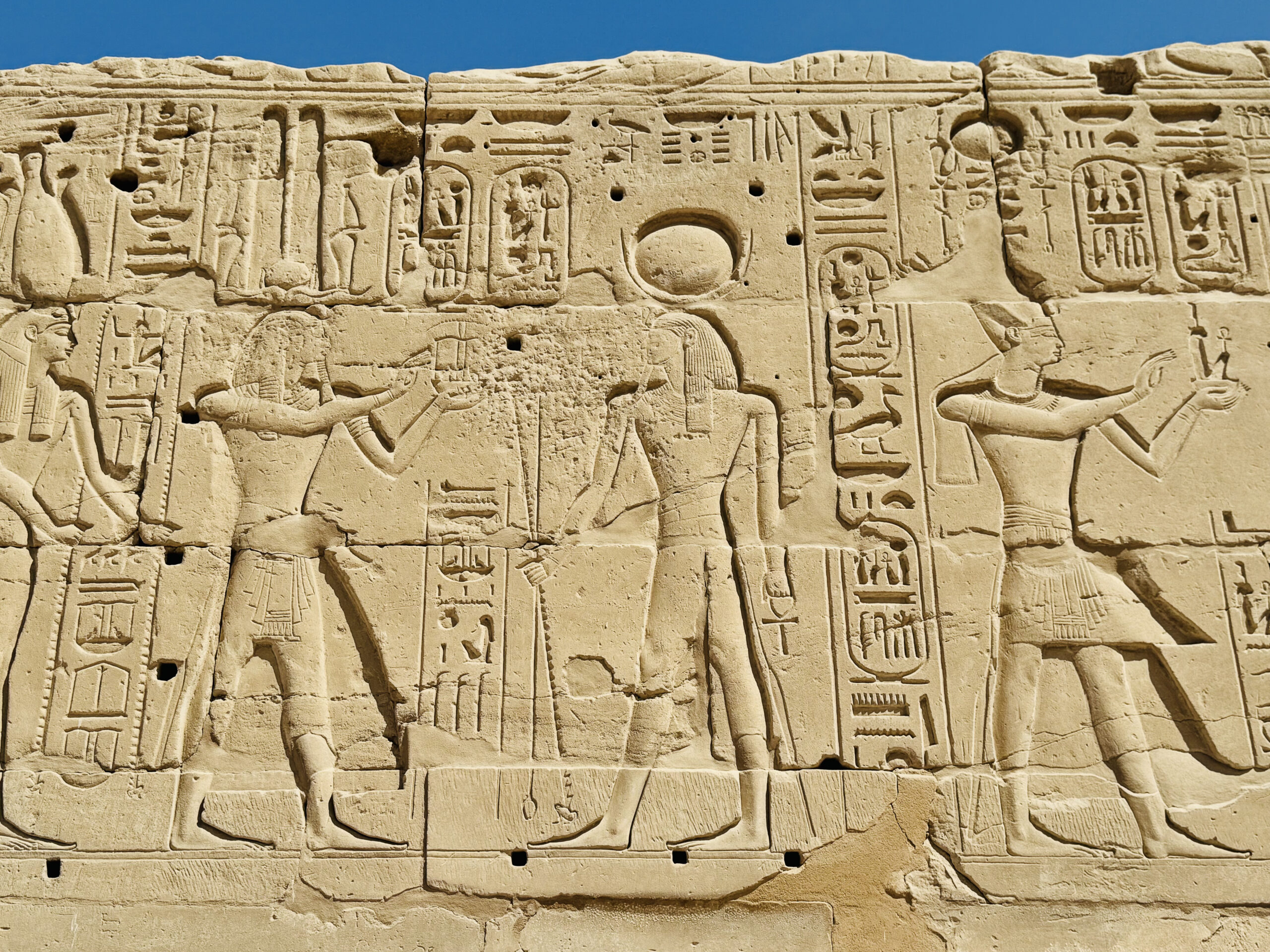Is Egypt Safe to Visit? Egypt is considered a safe destination, when traveling to the country’s well-guarded tourist areas and using licensed guides.
Like anywhere in the world, travelers should stay alert and follow official travel advisories as well as local advice, as Egypt remains a country where caution is advised due to the potential risk of terrorism.
In this guide, you'll find practical safety advice, read how to avoid common risks, and tips for a worry-free trip.
Is Egypt Safe for Tourists?
Egypt is considered safe for tourists when visiting major tourist areas and booking with licensed tour operators. These zones are among the most secure in the country, with the Tourism and Antiquities Police patrolling key landmarks, cruise routes, and resorts.
Most safety concerns in Egypt are isolated from popular tourist circuits. That said, travelers should exercise a high degree of caution and stay informed through official travel advisories. Always follow the official recommendations of your own country before traveling.
Note: Popular tourist destinations such as Cairo, Luxor and Aswan, as well as Red Sea resorts like Hurghada and Sharm el-Sheikh are not under travel advisory (as of December 2025) and remain safe for visitors, with a strong tourism security presence.
Important: According to the U.S. Government Travel Advice, Egypt’s major tourist zones are open and safe for travel with standard precautions (as of December 2025). See the current travel advisory here: Source: U.S. Travel Advice for Egypt.
Areas to Avoid
- Northern and Middle Sinai Peninsula: Due to the risk of terrorism and ongoing military operations.
- Western Desert: Due to security operations and potential terrorist activity.
- Egyptian border areas with Libya and Sudan: Designated military zones with restricted access.
Common Tourist Traps & Local Awareness

Egypt is warm and welcoming, but it's helpful to know about common tourist traps:
- Persistent Sellers: Especially around the pyramids and major markets. Be polite but firm.
- Unofficial "Guides": Around the pyramids and temples, some individuals may offer to take your photo or show you secret spots in exchange for tips. Politely decline.
- Temple Workers Offering Extras: Some staff at landmarks may offer to show you closed-off areas or take your photo inside in return for a tip. These are unofficial services.
- Tipping Culture: Tipping is common for small services (drivers, hotel staff, restaurant servers). Carry small bills.
- Taxi Scams: Always agree on a price in advance, or better yet, use Uber, Careem, or pre-booked private transfers (Booking.com, GetYourGuide).
- Tap Water: Do not drink tap water in Egypt. Always drink bottled water, even when brushing your teeth.
Expert tip: For a smooth experience, pre-book your guided tours, transfers, and tickets with reputable platforms.
Need help planning your Egypt trip?
Whether you're looking for a guided tour, a custom travel package, or the best hotel deals, contact our booking service for handpicked options and trusted local support in Egypt.
👉 Contact our Egypt travel team for a personalized quote.
Practical Safety Tips for Travelers

- Check visa requirements before your trip. Most travelers need an e-Visa, which can be easily applied for online at visa2egypt.gov.eg.
- Follow your embassy’s travel advice and register with their travel alert programs (e.g., STEP).
- Keep emergency contact numbers with you (tour operator, hotel, local embassy).
- Female travelers should be mindful of unwanted attention in public places. It is recommended to avoid traveling alone at night or use public transport alone. If possible, arrange a driver, join a tour, or use ride-share services.
- Stick to licensed tour operators and Nile cruises.
- Wear sun protection and stay hydrated with bottled water.
- Dress modestly when visiting mosques or rural areas.
- Avoid political demonstrations or large gatherings.
- Stay in well-lit, populated areas at night and avoid walking alone in unfamiliar places
Essential Travel Tips for Egypt
- Photography: Do not photograph police, soldiers, or military areas. In sites like the Valley of the Kings, the Egyptian Museum, or inside the pyramids, cameras require a separate photo ticket.
- Bargaining: Prices in markets are often inflated. Start your offer at one-fifth to one-tenth of the asking price and negotiate from there.
- Souvenirs: If buying alabaster vases, statues, or stone figures, always request a certificate of origin. This is required to take them out of Egypt legally.
- Currency: There are not many currency exchange offices near attractions. ATMs are available in most hotel lobbies. Bring Egyptian pounds (EGP) for entry tickets, which are only sold in local currency.
- Taxis: Use Uber or book private transfers through Booking.com to avoid taxi scams. Always agree on a fare before starting a ride.
- Car Rentals: Renting a car is not recommended. Traffic is chaotic, and driving rules are unpredictable. Hire a private driver through your tour operator instead.
Health & Hygiene Advice
- Egypt is hot year-round: pack sun protection and light clothing.
- No special vaccines are required, but ensure routine vaccinations are up-to-date.
- Bottled water is recommended.
- Bring basic medications for stomach discomfort and allergies.
Final Words: Is Egypt Safe to Visit?

Egypt is considered safe for travelers who stay in tourist areas, book with licensed operators, and follow common-sense precautions. With its legendary monuments, friendly people, and stunning landscapes, Egypt remains one of the most unforgettable travel destinations in the world.
A hassle-free Egypt trip starts with the right preparation:
- Book your guided tours, Red Sea trips, and Nile cruises with trusted providers. See our handpicked Egypt tours & tickets.
- Stay connected safely with our recommended eSIM for Egypt guide.
- Need help? Contact us for customized trip planning.

![Is Egypt Safe to Visit? [Travel Advice & Safety Tips]](https://egypt-tourist-information.com/wp-content/uploads/Is-Egypt-Safe-to-Visit_-Travel-Advice-Safety-Tips.jpg)